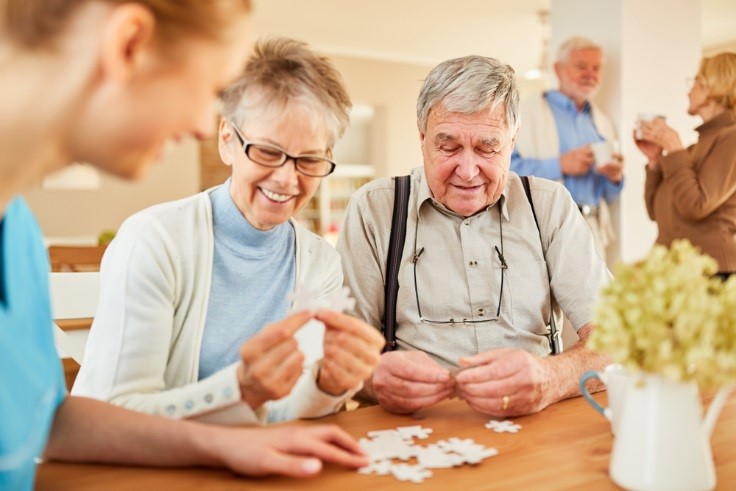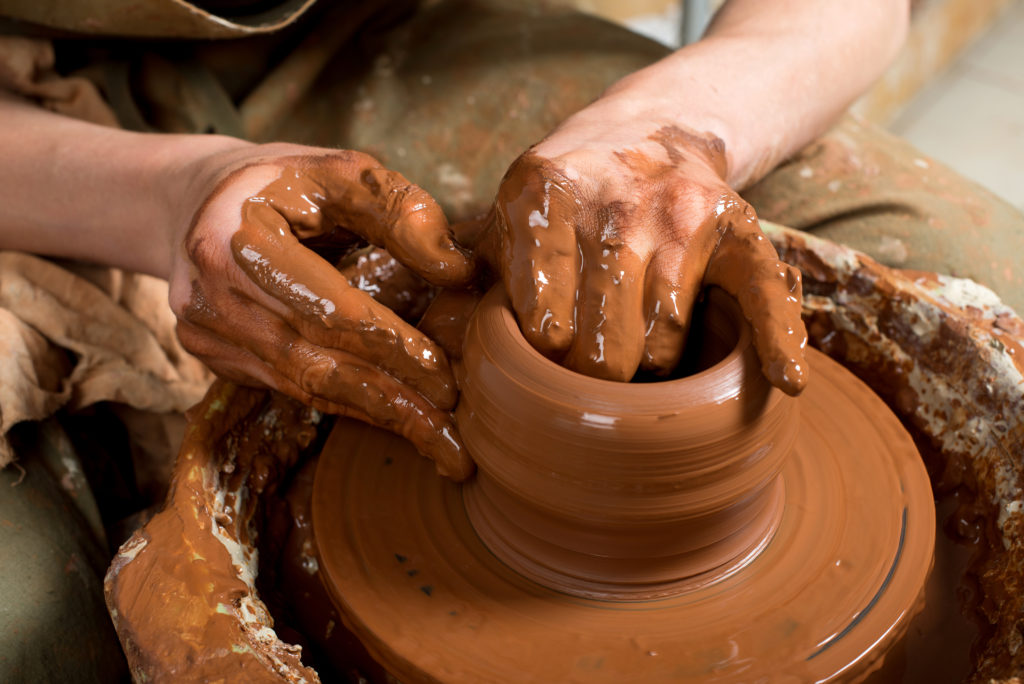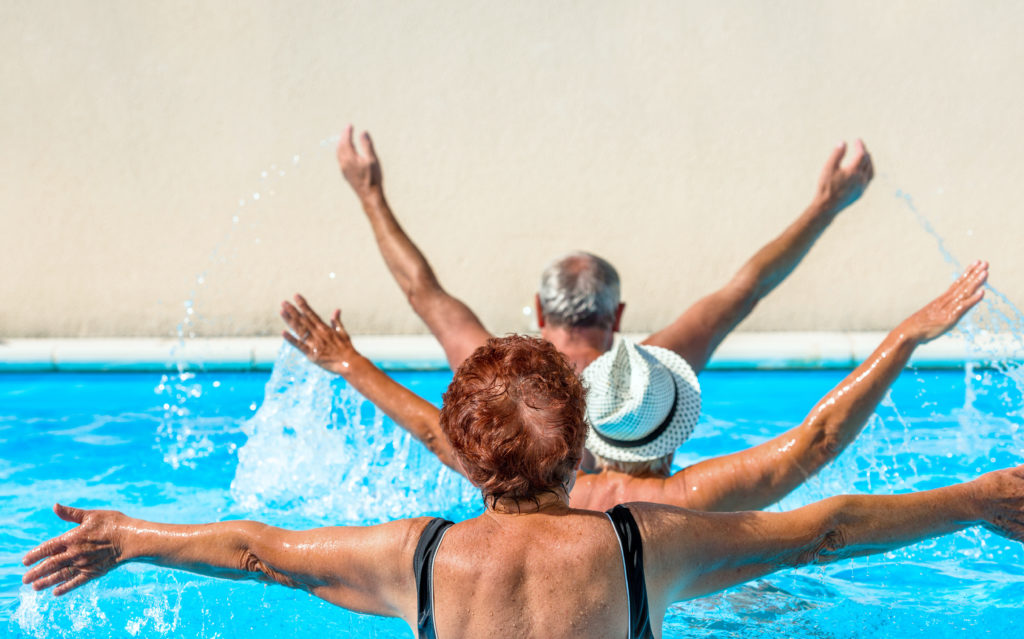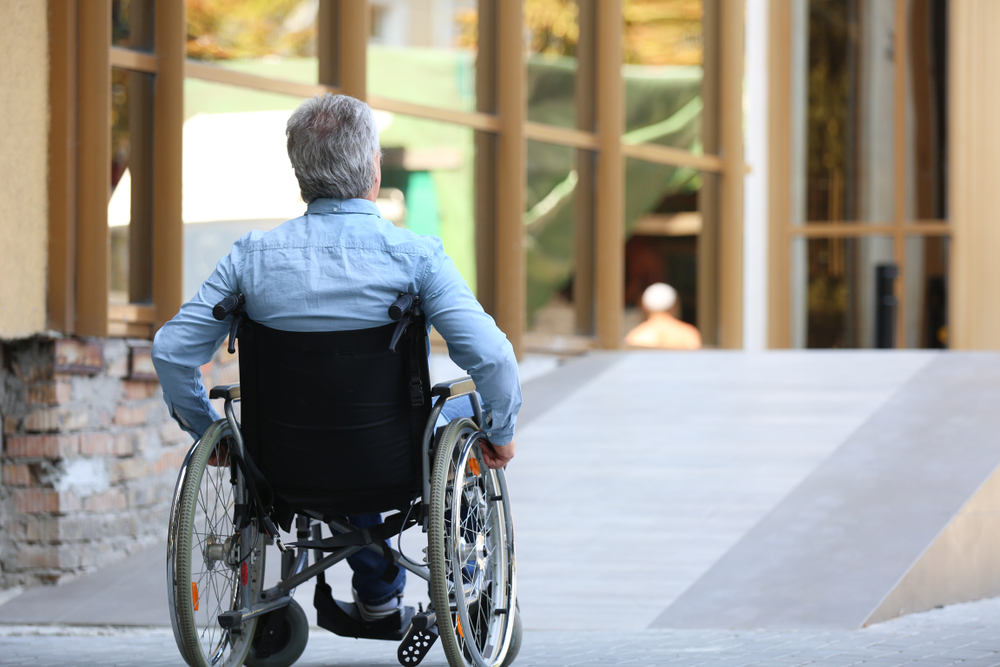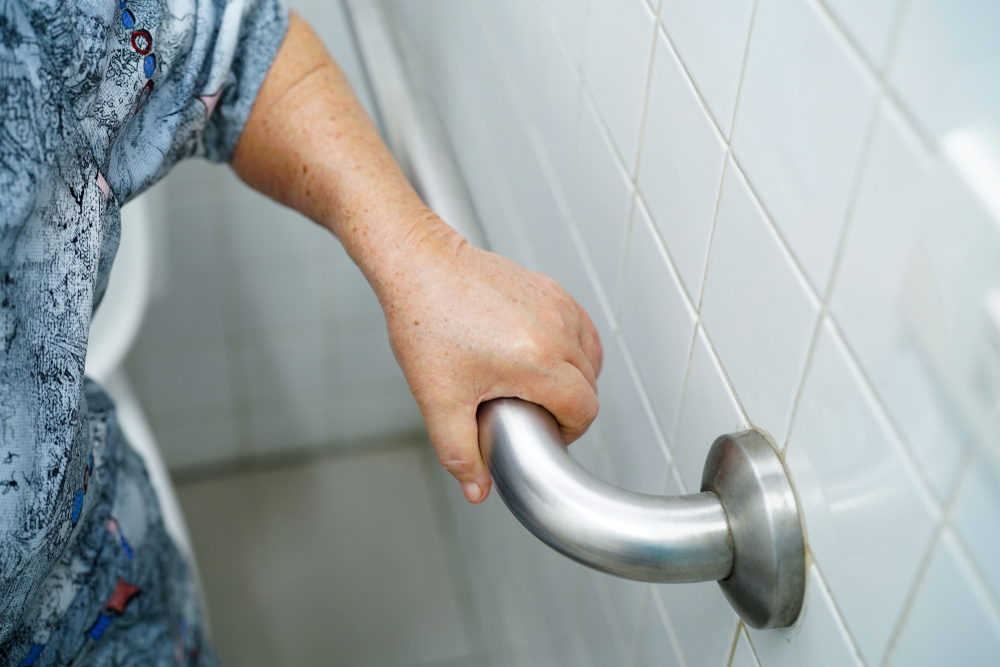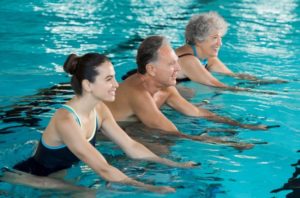Sure, the gifts of cash and nice meals can be lovely birthday gifts for many grandpas and grandmas around the world. But gifts that enhance their sensory stimulation are particularly wonderful for thwarting dementia and intellectual deterioration. Below are some suggestions of items that can help your loved ones stay sharp.
Tactile
Grandparents whose tactile senses are active and vigorous easily fall in love with apparel that are interesting to the touch. Gloves that fit snugly and socks that warm up the toes fit this category. Even for gramps and grams who don’t usually care for touching new things, such gifts can help them sharpen their tactile awareness. If you have an avid bookworm of a grandmother, she might appreciate an interactive device on which she can swipe her fingers; if you have a gardener of a grandfather, he might like that epic pot that comes with a plant that reacts adorably to his touch—a Mimosa pudica (shameplant) for example.

Visual
The tactilely inclined are not the only ones who enjoy plants. Colorful flowers and carnivorous plants not only create opportunities for your visually fervent grandfolks to exercise their botanical knowledge, but also push them to remember to water their new vegetation. Another visually potent gift is a digital single-lens reflex (DSLR) camera, which the artistically inclined can use to capture breathtaking scenes and images. Instead of filling afternoons with sedentary TV viewing, they can now be busy photographing and letting their imagination soar. Masterful paintings and glorious puzzles can also delight the eye, and make those relaxed brain cells work out.

Olfactory
It’s important to enjoy a variety of smells, especially in one’s old age. For your elders who are unusual bloodhounds or otherwise gifted with the appreciation for fine scents, exotic perfumes and diffusers can make excellent gifts. Odors come in many shapes and sizes; some may enjoy a good cookbook (with which they can create all kinds of chocolatey and pungent smells); others may rather opt for those—again—fragrant plants. It seems one really can’t go wrong with plants!

Conclusion
There are many other options that aren’t mentioned in this blogpost. One can be even more creative by taking one’s elders to a cruise to the Mediterranean, which could be a package of olfactory, visual, and tactile stimulation; a camping trip is another classic gift that combines all three kinds of these adventures. For more relevant pointers and services, simply consult Home Instead Senior Care today.







